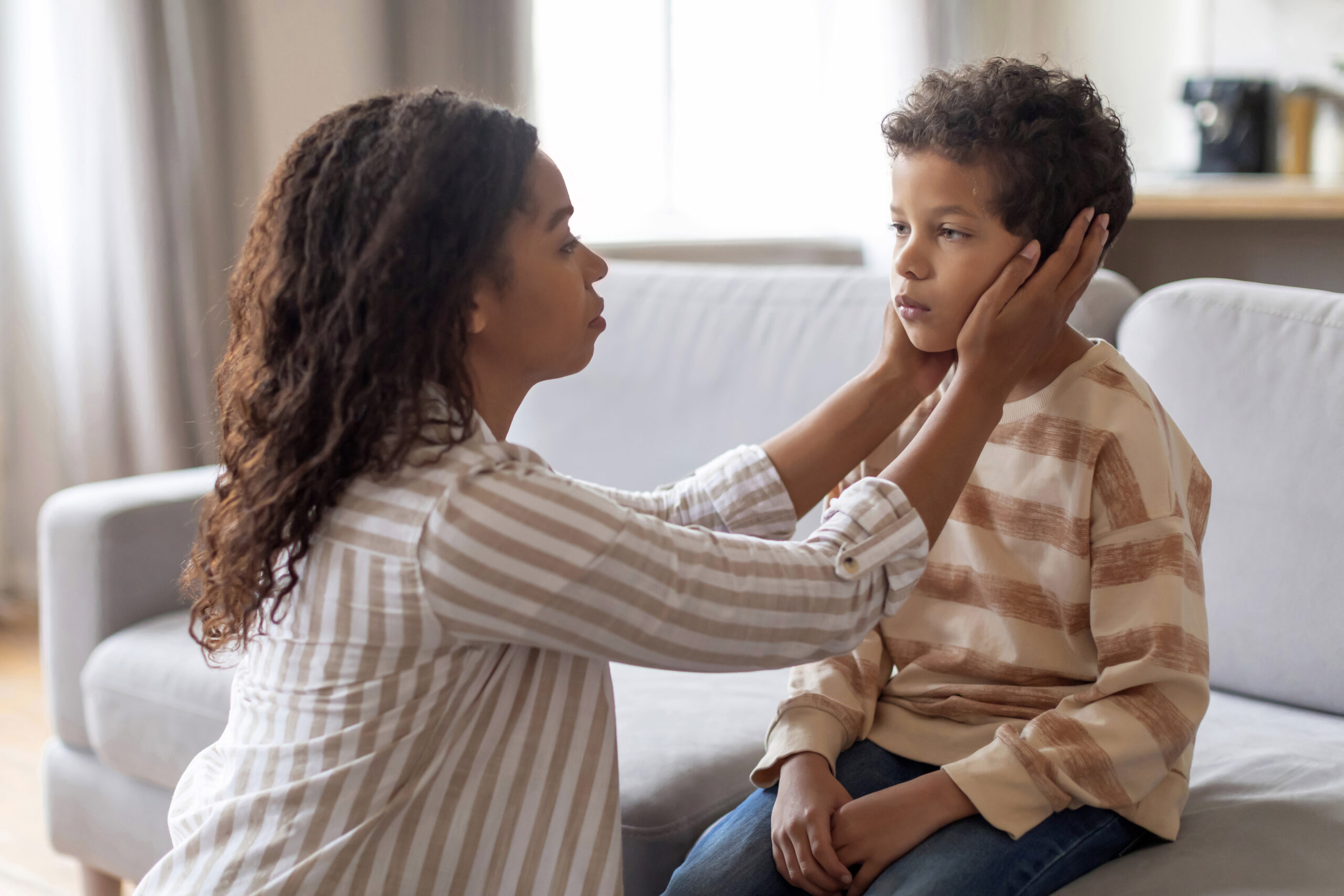Connect Before You Correct

As a parent, carer or teacher, it can be tempting to immediately correct a misbehaving child. However, when we connect with children first, from a place of relationship, they are more likely to be receptive to our instructions. In this article, we will share some effective strategies to help you connect with children before correcting their behaviour.
- Use Physical Touches: One way to calm down a child and make them more receptive to instructions is by giving physical touches. Instead of demanding that they tidy up their room, start by hugging them and getting down to their level. You could say, “Hey buddy, it’s almost dinner time. Let’s put your toys away. Do you need help?” This approach will help the child feel valued and more willing to cooperate.
- Acknowledge Their Feelings: Acknowledge Their Feelings When children feel understood, they are more likely to stay calm and receptive to correction. For example, if your child grabs a toy from their sibling, instead of saying “Give that toy back right now,” you could acknowledge their desire to play with the toy by saying, “I can see that you really want to play with that toy. But remember, we need to ask first or wait for our turn.”
- Simply Smile: It is essential to regulate your own emotions before correcting your child’s behaviour. Instead of getting angry and showing disappointment, try to smile and stay calm. This approach will help the child feel less in trouble and more willing to listen. For instance, you could say, “I know you made a mistake, but that’s okay because we all make mistakes.”
- Say, “I love you.”: Or use an other endearing term in a warm, heartfelt way and whatever comes next feels softer. -Instead of saying: “You’re not getting that lollipop because I told you you’d miss dessert if you kept screaming!”
You connect before correcting by saying,: “You know I love you buddy, but I’m still going to say no to dessert because that was our deal.”
“Before correcting a child’s behaviour, take a moment to connect with them. By building a strong relationship, you’ll create a safe and trusting environment where they’re more receptive to your guidance and support.”
Tags :
Share :

Dr. Mya Okeowo
Child Mental Health Specialist
Latest Post

Incorporating Spiritual Values in Daily Practices
August 1, 2024
No Comments

Benefits of Journaling: Enhancing Emotional Health and Personal Development
August 1, 2024
No Comments

Embracing the Individuality of Children
April 11, 2024
No Comments

Learning Through Repetition
July 30, 2022
No Comments

Understanding Autism Spectrum Disorder Part 1
July 30, 2022
No Comments

Self-Care Strategies For Parents
July 15, 2022
No Comments
